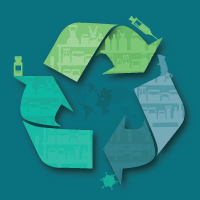Sustainable vaccine development and production in Africa: the role of policy and regulatory frameworks in advancing local manufacturing
Vaccine Insights 2025; 4(6), 209–218
DOI: 10.18609/vac.2025.031
Although Africa consumes nearly 25% of the global vaccine supply, it produces less than 1% of the vaccines it needs, despite facing a disproportionate burden of infectious diseases such as malaria, tuberculosis, HIV/AIDS, and emerging pathogens like Ebola and COVID-19. The COVID-19 pandemic exposed vulnerabilities in global supply chains, particularly for African countries. This underscored the urgent need for Africa to build local vaccine manufacturing capacity to ensure timely and equitable access. Achieving self-reliance in vaccine manufacturing requires not only technological and scientific capabilities but also visionary policies and robust, harmonized regulatory frameworks that can foster innovation, maintain safety and quality standards, and promote sustainable and environmentally responsible manufacturing practices.
In this article, the authors identify existing policies and regulation mechanism for local vaccine manufacturing in Africa to understand current structures and systems available for African governments, regulatory authorities, and international partners to collaborate to support sustainable vaccine development and production. The paper also presents a case study on Ghana’s experience and continental initiatives such as the African Medicines Agency (AMA), the Partnership for African Vaccine Manufacturing (PAVM), and regulatory harmonization platforms. Current efforts, existing incentives, and strategic priorities to align vaccine manufacturing with long-term health and economic resilience goals are highlighted.
The paper concludes with policy recommendations for building resilient vaccine supply chains that not only serve Africa’s health needs but also contribute to global pandemic preparedness.
